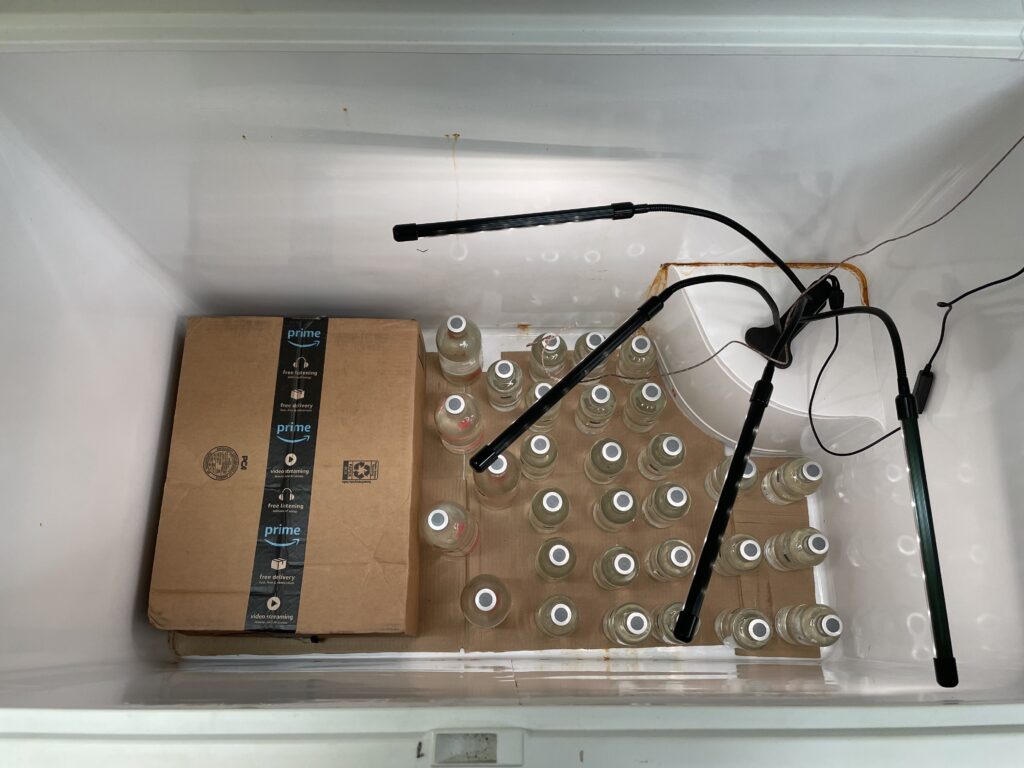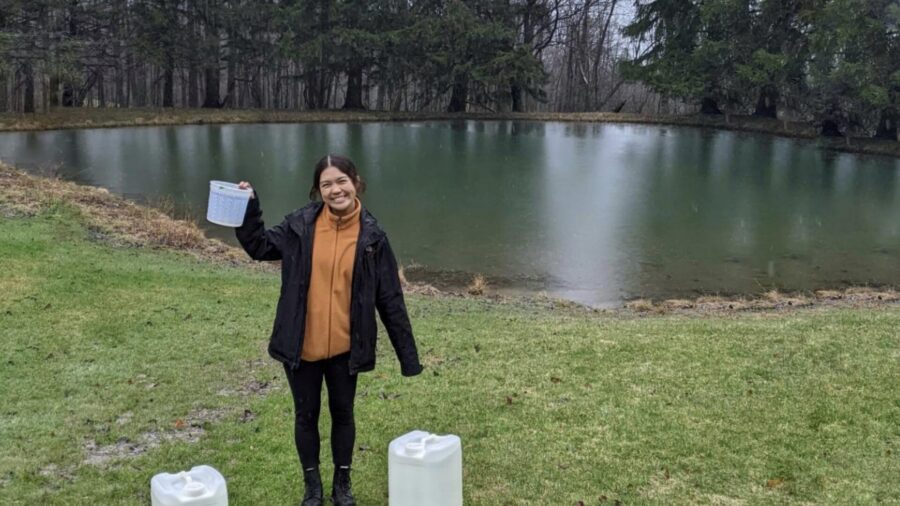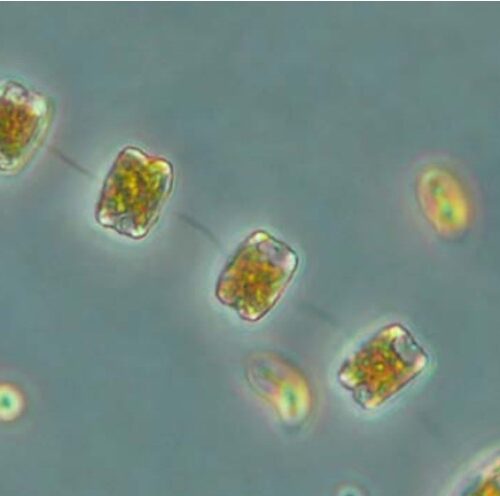At the University of Rochester, I designed an experiment and executed it as my Senior Thesis. For some background information, methane production has been conventionally viewed to only occur in anoxic environments, however, there is evidence of methanogenesis in oxic water columns of freshwater lakes. I studied two possible pathways that could lead to the newly found phenomenon of methane production in the water columns of oxic freshwater lakes. One possible pathway is that marine bacteria use methylphosphonate (MPn) as a sole source of phosphate which leads to methane production through bacteria that harbor genes encoding the C-P lyase enzyme. The second possibility is through microorganisms that enable direct transfer of acetate from autotrophs to methanogenic archaea. This study directly compares the two pathways and aims to determine which pathway is the dominant pathway and gauge the significance of these pathways on the methane cycle. I hypothesized that MPn demethylation will be the dominant pathway since this pathway gets enhanced by the water’s natural conditions. More specifically, the MPn demethylation pathway is induced by phosphate starvation and phosphate is often the limiting nutrient in these environments. To test this hypothesis, I incubated different experimental treatments of pond water containing additions of MPn, acetate (Ac), phosphate, and/or nitrate and measured the concentration of methane in the headspace using a Gas Chromatograph with a Flame Ionization Detector.

Afterwards, the dominant pathway was determined by comparing the stoichiometric ratios between MPn or Ac and methane production. The stoichiometric ratio revealed that each mole of Ac produced more methane than each mole of MPn. Both pathways produced significantly more methane with an increase in temperature, which reveals that temperature is an important driving factor. Ultimately, the results revealed that as temperature changes, the main driving factors for methane production in oxic water columns may change as well. This study allows us to better understand the magnitude of methane production from oxic water columns and, in turn, reconstruct the methane cycle to incorporate this process and better predict future atmospheric methane trends.
Skills gained:
- Proposal writing
- Scientific writing
- Gas Chromatography with a Flame Ionization Detector
- Pipetting
- Chemical solution calculations
- Calibrating
- Arduino
- Nitrate ion selective electrode
- Phosphate low range checker
I was fortunate enough to receive the FURL Research Initiative Award in 2021 from the University of Rochester for the development and execution of this project.
View thesis here

